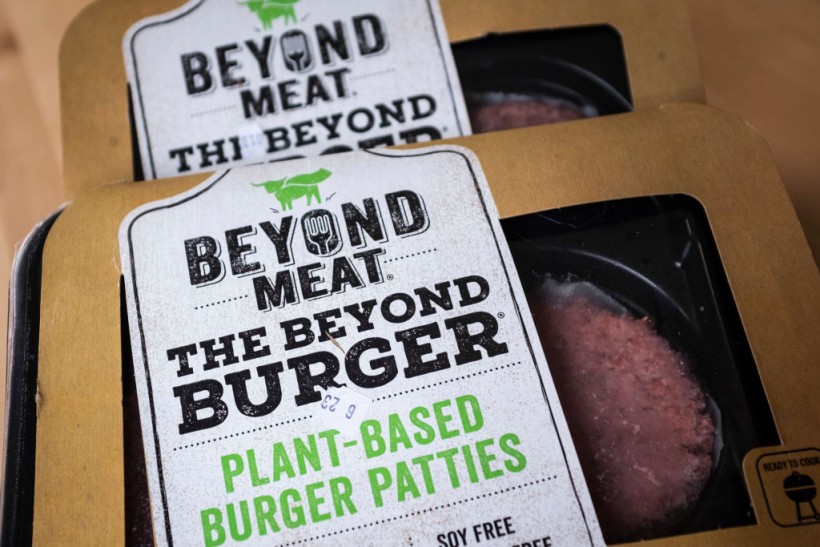How environmentally friendly are artificial meats? Researchers are examining whether plant-based burgers can have less of an impact on the environment.

Alternative Meat
If you're a meat eater who cares about the environment, you probably bring some guilt with you to the dinner table. The deforestation, greenhouse gas emissions, and air and water pollution associated with the meat on our plates have a huge negative impact on the environment. This is an unwelcome truth given the urgent need for the world to address climate change.
Cutting-edge meat substitutes may provide carnivores with a way to lessen the environmental impact of their dietary choices without having to give up their favorite dishes if they can satisfy a significant portion of our demand for meat and if they are as environmentally friendly as they claim to be, which is difficult to verify independently.
Some believe that may change everything. According to Elliot Swartz, a scientist with the Good Food Institute, a global nonprofit that promotes the development of meat alternatives, "People have been educated for a long time on the downsides of animal agriculture, yet the number of vegans and vegetarians generally remains low."
Also Read: Eating Ethics: Eating Morally Doesn't Have to be Vegan
Meat Industry

There is no doubt that the modern meat business is harmful to the environment. About 15% of the world's greenhouse gas emissions come from livestock. If cattle on the planet were a nation, their greenhouse gas emissions would be second only to China.
Even worse, the UN predicts that by 2031, the world's population will be growing and becoming more affluent, leading to a 15% increase in the demand for meat. Deforestation, which affects biodiversity and increases emissions, results from extending pastureland and agriculture into formerly wooded areas like the Amazon.
Impacts of Using Artificial Meat Substitutes

Attempts to enhance that poor environmental performance are made with plant-based meats. For instance, Pat Brown, a biochemist at Stanford University, founded Impossible Foods after considering what one action he could take to have the greatest environmental impact. His answer: Replace meat.
Every step requires energy, which begs the question: Are these meat substitutes truly more environmentally friendly than the meat they aim to replace after all this processing?
Environmental scientists do a life cycle study to provide an answer to that query. This entails tracking down every component of the finished product, such as soy protein, coconut oil, heme, and others, and noting the associated environmental costs.
For instance, the life cycle analysis of soy protein would consider the fossil fuels, water, and land required to grow the soybeans and the fossil fuel emissions from fertilizer, pesticides, and transportation to the processing facility. The energy and water used for milling, defatting, protein extraction, and drying would then be included.
All other ingredients and the assembly and packing steps at the end would be subject to analogous calculations. When you add everything together, you receive an estimate of the product's overall environmental impact.
Related Article: Plant Based Meat Alternatives Can Dent Conventional Meat Market by 2025
For more news update about alternative lifestyle and the environment, don't forget to follow Nature World News
© 2024 NatureWorldNews.com All rights reserved. Do not reproduce without permission.

![Tsunami Hazard Zones: New US Map Shows Places at Risk of Flooding and Tsunamis Amid Rising Sea Levels [NOAA]](https://1471793142.rsc.cdn77.org/data/thumbs/full/70325/280/157/50/40/tsunami-hazard-zones-new-us-map-shows-places-at-risk-of-flooding-and-tsunamis-amid-rising-sea-levels-noaa.jpg)



